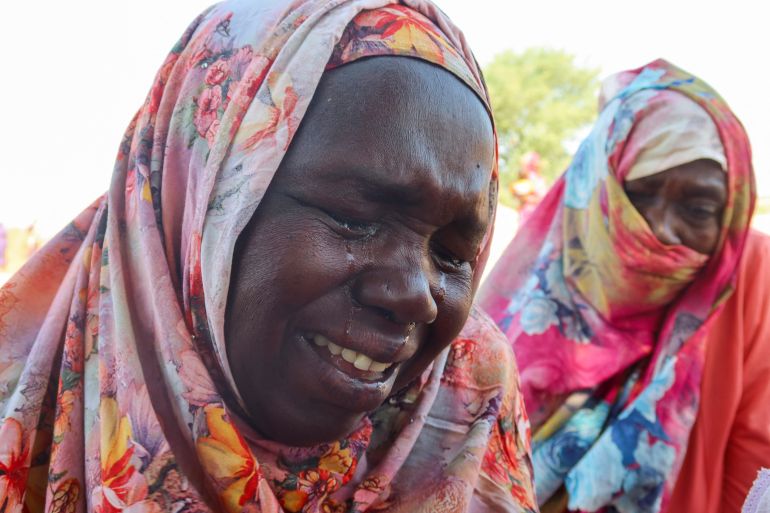In what may be the deadliest episode in Sudan’s ongoing civil war, the Rapid Support Forces (RSF) reportedly killed at least 1,300 people in a ruthless attack on a displaced persons’ camp in West Darfur. This horrifying incident, unfolding over three days starting November 2, has left 2,000 injured, and 310 missing, according to local monitors. The RSF’s assault, characterized by house-to-house searches and indiscriminate killings, paints a grim picture of the escalating violence in the region.
Ethnic Cleansing Continues Unabated
This massacre is just the latest in a series of atrocities committed by the RSF and its allied militias against the non-Arab Masalit tribe in West Darfur. Activists and survivors assert that the RSF’s primary goal is the eradication of the Masalit people from the region. Despite condemnations from the United Nations and Western governments since the beginning of the civil war in April, the RSF remains undeterred, continuing its brutal campaign against the marginalized tribe.
Historical Context of Ethnic Tensions
The roots of this conflict trace back to decades of neglect by Sudan’s central government, which pitted non-Arab farmers against Arab pastoralists in Darfur. Former President Omar al-Bashir’s divisive strategy exacerbated tensions, arming Arab tribal militias, famously known as the janjaweed, to crush a predominantly non-Arab rebellion in 2003. Now, these same militias operate alongside or under the RSF banner, carrying out what survivors describe as systematic ethnic cleansing.
Targeting Tribal Leaders and Systematic Annihilation
In the recent attack, six Masalit tribal leaders and their families were ruthlessly killed, further intensifying the RSF’s campaign. Among them was 85-year-old Mohamad Arbab, whose family was brutally murdered in their home. This calculated targeting of tribal leaders aligns with the RSF’s alleged agenda to replace the Masalit leadership with their own, and even Arab mercenaries from neighboring countries. The RSF’s disregard for international criticism, evident in the sanctioned status of its commanders, underscores the urgency of the situation.
A Desperate Exodus and Lingering Fears
As the RSF’s onslaught unfolded in Ardamata, survivors, predominantly women and children, fled across the border into Chad. Reports from the devastated camp suggest widespread destruction, with many victims bleeding out in the streets. Distressingly, there are accounts of sexual violence against women and uncertainty surrounding the fate of the missing. The RSF’s relentless targeting of civilians has instilled fear among the Masalit people, who now grapple with the specter of genocide. In the face of this escalating tragedy, the international community must confront the RSF’s impunity and work urgently to address the deep-rooted issues perpetuating the crisis in Darfur.
















